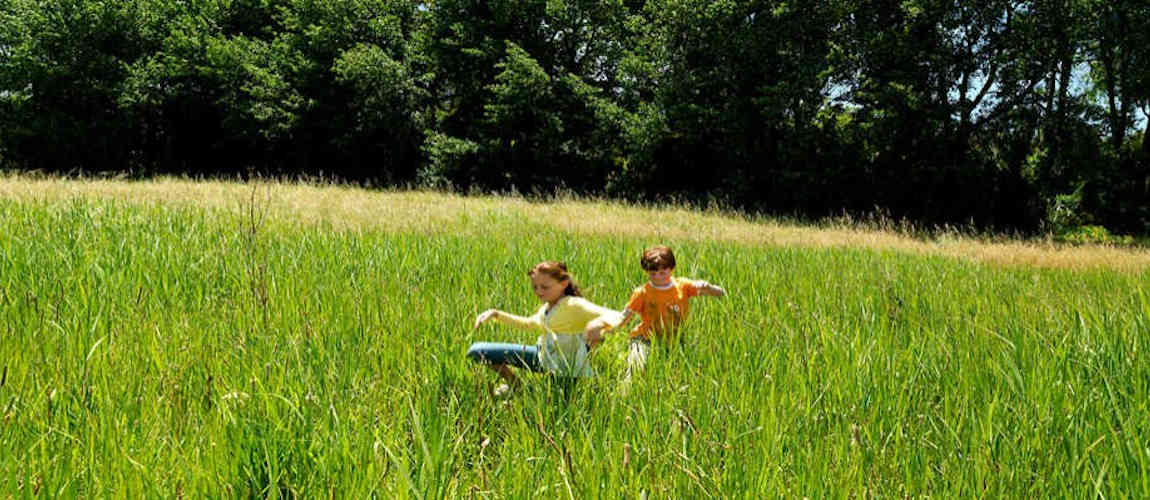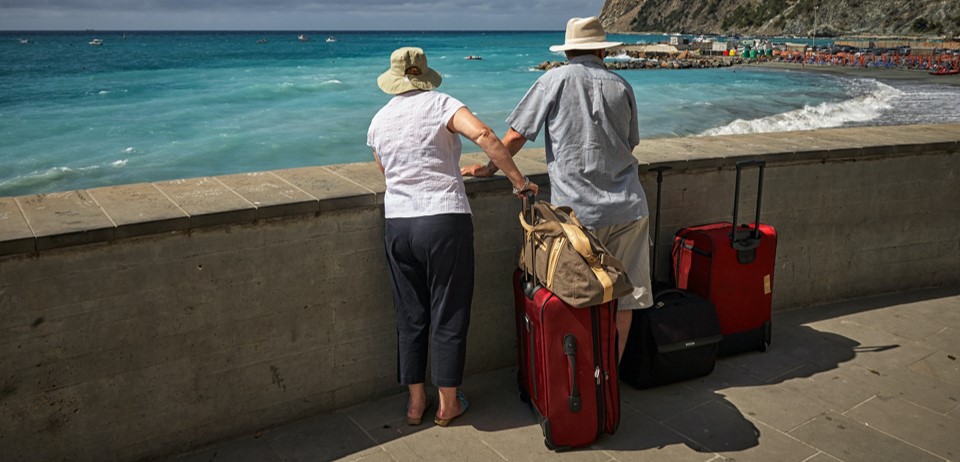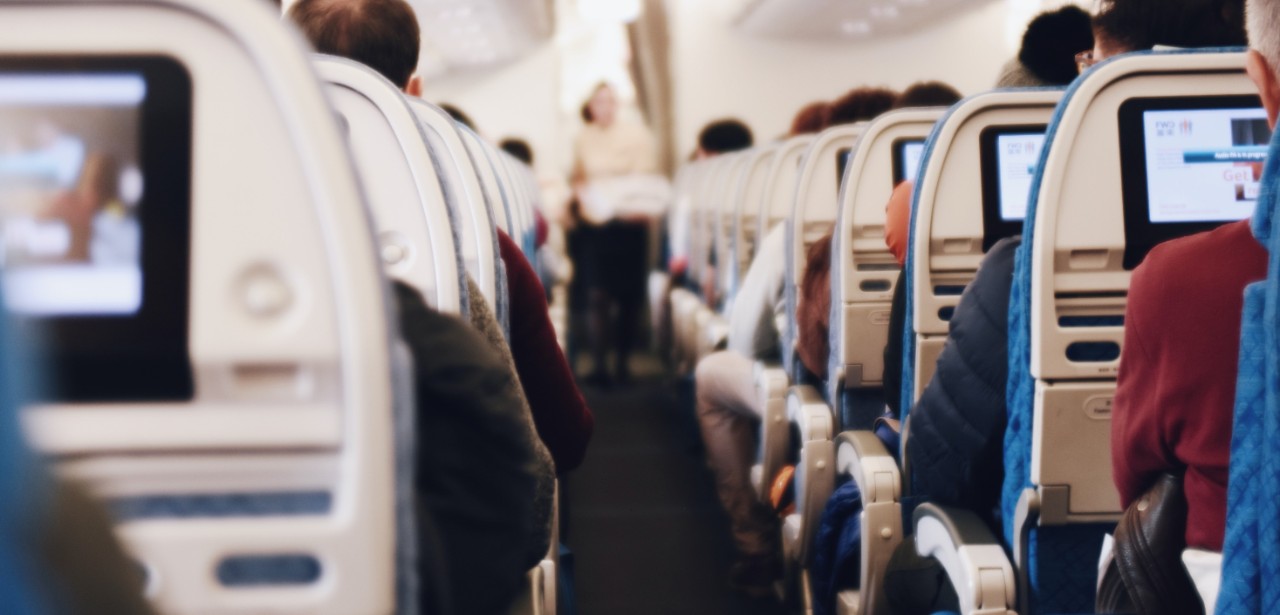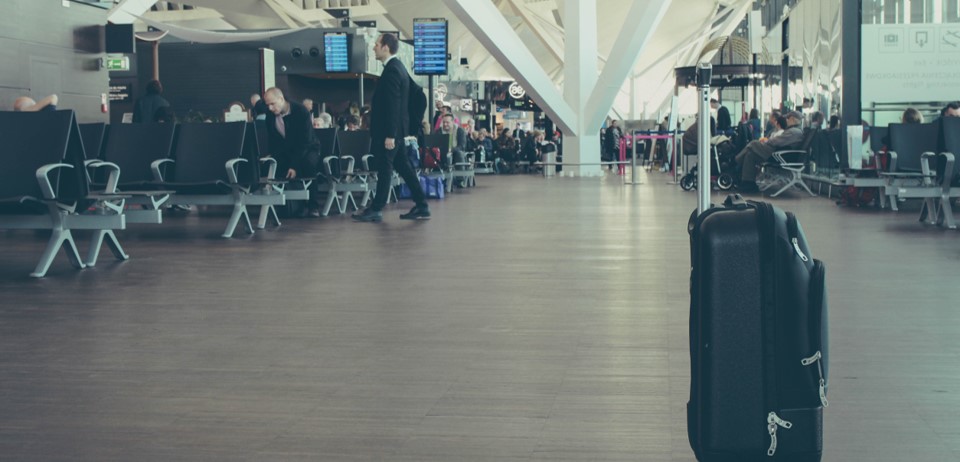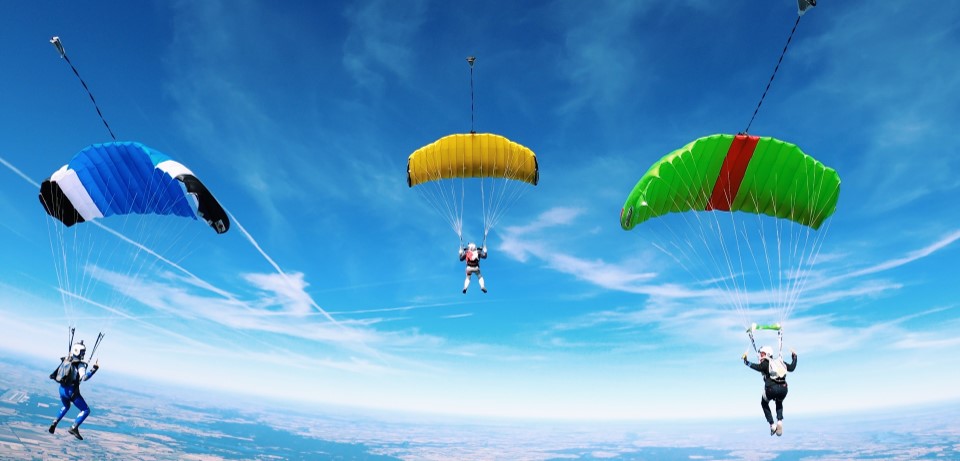Malaria is a serious disease caused by a parasite called plasmodium, discovered in 1880 by M. Laveran. Frequently found in tropical countries, this disease is extremely serious, and sometimes fatal.
Four types of parasites are the cause of malaria in humans. These parasites are not evenly found around the world, and therefore the risk of catching malaria varies according to destination. It depends on the type of plasmodium that is causing the crisis in the visited country and the resistance to the treatment that has been acquired over time. The most dangerous malaria parasite for humans, and unfortunately the one that is the most widespread, is falciparum plasmodium.
This parasite is transmitted to man via mosquito bites from infested mosquitos: the female anopheles mosquito that is most prevalent in the evening and during the night. Infestation by this parasite occurs when the mosquito bites. It then develops in the organism for approximately one week. Clinical signs begin to appear anywhere from several hours to several months after its development. However, certain serious forms of this parasite can evolve very quickly, in 24 to 48 hours, and can lead to death if not treated immediately.
What are the signs of malaria and how do you treat it?
Generally speaking, Malaria has very few distinctive clinical signs. This is why is it extremely important to have a medical opinion, either from a doctor in the malaria host country, or after your return. The disease becomes serious because it is often diagnosed and treated too late due to the fact that initial signs can be extremely discreet.
If the following symptoms occur, even slightly, immediately consult a doctor:
prolonged fatigue,
digestive trouble,
abdominal pain,
fever,
flu symptoms (chills, aches and pains, sweating…).
These symptoms are also associated with many other tropical diseases; therefore you must not follow a malaria treatment without verifying the illness beforehand. Neurological trouble, a coma or convulsions often occur right away and are signs that the illness is extremely serious.
The doctor will examine you and then prescribe an emergency blood test to confirm, via microscopic observation, the exact parasite responsible for these symptoms. If the results are not conclusive during the first visit, a second analysis will be carried out when the fever increases or 24 hours later. If a parasite is present, the doctor will prescribe a treatment, either via pills or perfusion. It is often necessary to remain in the hospital for one or even several days.
How to prevent Malaria?
It’s much better to prevent Malaria than to have to cure it! Malaria prevention depends on two complementary, indissociable strategies: reducing the risks of being bitten by a mosquito and a preventive treatment. It is critical to protect yourself from the anopheles mosquito, primarily present at the end of the day and during the night.
Here is some easy-to-follow advice that will greatly reduce the risks:
Protect windows with fine-mesh screens. The screens should be in good condition and treated, if possible, with an insecticide,
Have air-conditioning working in the room,
Sleep under a mosquito net (in good condition), treated with insecticide. It should fall and touch the floor or be tucked under the mattresses,
Do not stay outside at night for too long,
Wear clothing with long sleeves and long trousers; you can also spray them with insecticide,
Apply insect repellents regularly to your skin,
Don’t forget that the mosquitoes are there, waiting for you, as soon as you get off the plane! So carry in your hand luggage the proper clothing and sprays, especially if you are scheduled to arrive at the end of the day or in the evening.
Insect repellents come is all forms (lotions, creams, sprays or sticks)and concentrations. They should be applied to all exposed parts of the body, while protecting the eyes and mouth, due to their toxic content. Remember to renew application regularly, every 2-5 hours according to the physical activity involved and the climatic conditions. These products are not water-resistant, and their effectiveness on clothing is very relative.
The second type of protection, which complements what we have just described, is medication: one speaks about anti-malaria prophylaxis. These treatments do not guarantee total protection against malaria but they considerably reduce the risks of the illness developing and its complications.
Since first using these preventive anti-malaria treatments, certain strains of plasmodium falciparum have developed a resistance to these drugs called chemical resistance. Check with your country’s Public Health office or the Health Minister’s files to access a world map and find out where these resistant strains of malaria-carrying parasites exist in the world. The countries have been classified into four groups. A preventive treatment adapted to the country group in which you will be travelling and in sufficient quantity to last you throughout your trip must be prescribed by your doctor before your departure. Your pharmacist delivers the medication only on prescription.
If you have any problem while travelling, don’t wait until you get home to consult a doctor. The regulating doctor of your assistance company is available to discuss any questions or doubts you may have about your health. He/she can provide useful advice, contact your family doctor and organize a consultation wherever you are.
The travellers who need protection
- Children! It is strongly ill-advised to travel with children to malaria endemic countries, particularly to areas where the mosquitoes have developed a resistance to the anti-malaria medications. If you must absolutely travel with your children, preventing them from being bitten is of capital importance. There in no proof of the non-toxicity of effective insect repellents for babies less than 2 years old. Ask your pharmacist, who will recommend a product that can be used by the entire family. If your child develops any type of fever in a malaria zone, you should immediately consult a doctor.
- Pregnant women! Malaria is a very serious illness for a woman who is pregnant. It is strongly recommended to delay your travel plans for several months or choose another destination. If you must absolutely travel to a malaria endemic country, make an appointment to see your gynaecologist and a doctor specialising in tropical diseases: the anti-malaria preventive treatments are difficult and limited for pregnant women.
- Elderly people and immune-deficient people. Although there are no contra-indications to taking anti-malaria treatments, it is essential that you prepare your travel plans with your doctor and know about all possible health risks.
Before you depart for your next trip, make sure you get protected with an affordable and first class international travel insurance such as Allianz Travel. If you are not sure which one to choose, read our travel insurance buying guide here.

